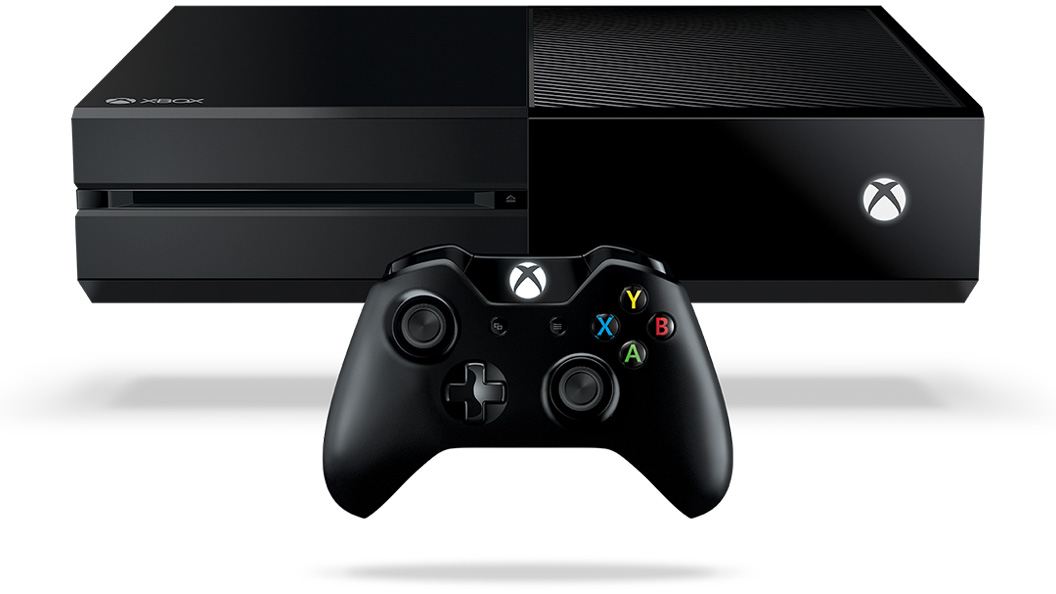
At Microsoft’s Xbox Spring showcase keynote last week, Phil Spencer, the head of the company’s Xbox division, candidly discussed a future for the Xbox One that involves iterative hardware updates, a change of approach that will morph the video game console into a device more akin to a standard PC.
During the presentation, Spencer discussed a future where the Xbox One is upgradable, removing the need to launch an entirely new console every few years. Continuing with the universal platform strategy the company has been touting for year now, Spencer said he wants the Xbox One and PC to be more closely linked, allowing users to play titles on either platform.
“We see on other platforms whether it be mobile or PC that you get a continuous innovation that you rarely see on console,” said Spencer. “Consoles lock the hardware and the software platforms together at the beginning of the generation. Then you ride the generation out for seven or so years, while other ecosystems are getting better, faster, stronger. And then you wait for the next big step function.”
Spencer said that his proposed shift in the console hardware industry is a positive move that allows for greater hardware innovation, resulting in a system that evolves considerably over its life span.
“I believe we will see more hardware innovation in the console space than we’ve ever seen. You’ll actually see us come out with new hardware capability during a generation allowing the same games to run backward and forward compatible because we have a Universal Windows Application running on top of the Universal Windows Platform that allows us to focus more and more on hardware innovation without invalidating the games that run on that platform.”
This means that in the future, Microsoft could offer Xbox One owners optional hardware upgrades, though its unclear if Spencer is referring to the current Xbox generation, or a device Microsoft plans to launch in the future.
“We can effectively feel a little bit more like we see on PC, where I can still go back and run my old Doom and Quake games that I used to play years ago but I can still see the best 4K games come out and my library is always with me. Hardware innovation continues while the software innovation is able to take advantage and I don’t have to jump a generation and lose everything that I played on before.”
With this new approach, Microsoft seems to be trying to walk a thin line between the console and PC gaming world. The company obviously wants to bridge the gap between Xbox One and PC, but also needs to find a way to keep users of both platforms happy. To that end, Gears of War Ultimate Edition launched on PC on March 1st (it supports 4K resolutions), and the company also announced a free-to-play PC version of it’s popular Forza series called Forza Motorsport Apex.
Furthermore, at the company’s Spring showcase, Microsoft showed off some upcoming titles, including Quantum Break, which is set to be released simultaneously on the Xbox One and PC, Toronto-based Capybara Games’ Below for the Xbox One, and Minecraft for the Oculus Rift, which some users reportedly found disorienting, while others claim the extremely popular game could end up being the Rift’s top title.
MobileSyrup may earn a commission from purchases made via our links, which helps fund the journalism we provide free on our website. These links do not influence our editorial content. Support us here.


